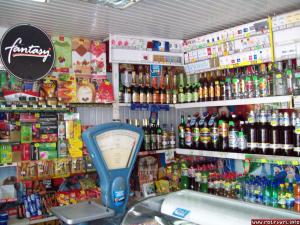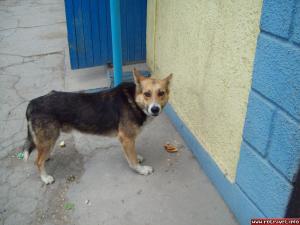Bălţi (Polish: Bielce, Russian: Бельцы [Bel’tsy] and Бэлць [Bėlts’], Ukrainian: Бєльці [Byel’tsi], Yiddish: בעלץ [Belts]) is a city in Moldova. It is the second largest in terms of area and economic importance after Chişinău, and the third largest in terms of population after Chişinău and Tiraspol. The city is one of the five Moldovan municipalities. Bălţi, sometimes also called „the northern capital”, is a major industrial, cultural and commercial centre and transportation hub in the north of the country. It is situated 127 kilometres (79 mi) north of the capital Chişinău, and is located on the river Răut, a tributary of the Dniester, on a hilly landscape in the Bălţi steppe.
The word „bălţi” (pl. of Romanian sing. „baltă„) means „swamps”, „puddles”, or „pools”. It is believed that the city had been named thus because it was founded on a hill dominating the wetland formed where the creek Răuţel („Little Răut”) falls into the river Răut.
In addition to the official name Bălţi and the Russian name Бельцы (Beltsy), between 1940-1989 in Moldovan Cyrillic alphabet, and after 1989 in Russian, the name was/is also rendered in Cyrillic as Бэлць.
Theaters:
- Vasile Alecsandri theatre
- „Eugene Ionesco” Theatre
- „Licurici” Republican Puppet Theatre
- „B.P.Hajdeu” Republican Drama-Muzical Theatre
- „Mihai Eminescu” National Theatre
- „Luceafarul” Republican Theatre
- Municipal Theatre „Satiricus I.L. Caragiale”
Museums and art galleries
- „Exhibition of the Union of painters „Constantin Brâncuşi”
- Artum Art Gallery
According to the 2004 Moldovan Census, data submitted by the Department of Statistics and Sociology of the Republic of Moldova, the population of municipality of Bălţi was 127,561, of which the population of the city itself was 122,669, and that of the suburban villages of Elizaveta and Sadovoe was of 3,523, respectively 1,369. Of these, 58,418 were men and 69,143 were women.
Ethnic Groups, 2004:
| Ethnicity | Number | % |
|---|---|---|
| Moldovan | 66,877 | 52.4 % |
| Ukrainian | 30,288 | 23.7 % |
| Russian | 24,526 | 19.2 % |
| Romanian | 2,258 | 1.8 % |
| Pole | 862 | 0.7 % |
| Jewish | 411 | 0.3 % |
| Bulgarian | 297 | 0.2 % |
| Roma | 272 | 0.2 % |
| Gagauz | 243 | 0.2 % |
| other | 1,527 | 1.2 % |
| not declared | 183 | 0.1 % |

The mayor prepare the city for the date of May 9, when Germany lost the war and sign the surrender act before soviets at Berlin

A banner with the message "the victory day for the soviet people in the great war for defending the homeland"

We buy a ticket on platzcart on the route Bălţi-Chişinău with the international train from Moscow. The price for the ticket is 31 moldavian lei, which means 8 romanian lei or 2 euro. (the time of travel is about 3.20 hours because train pass through Ungheni)






























